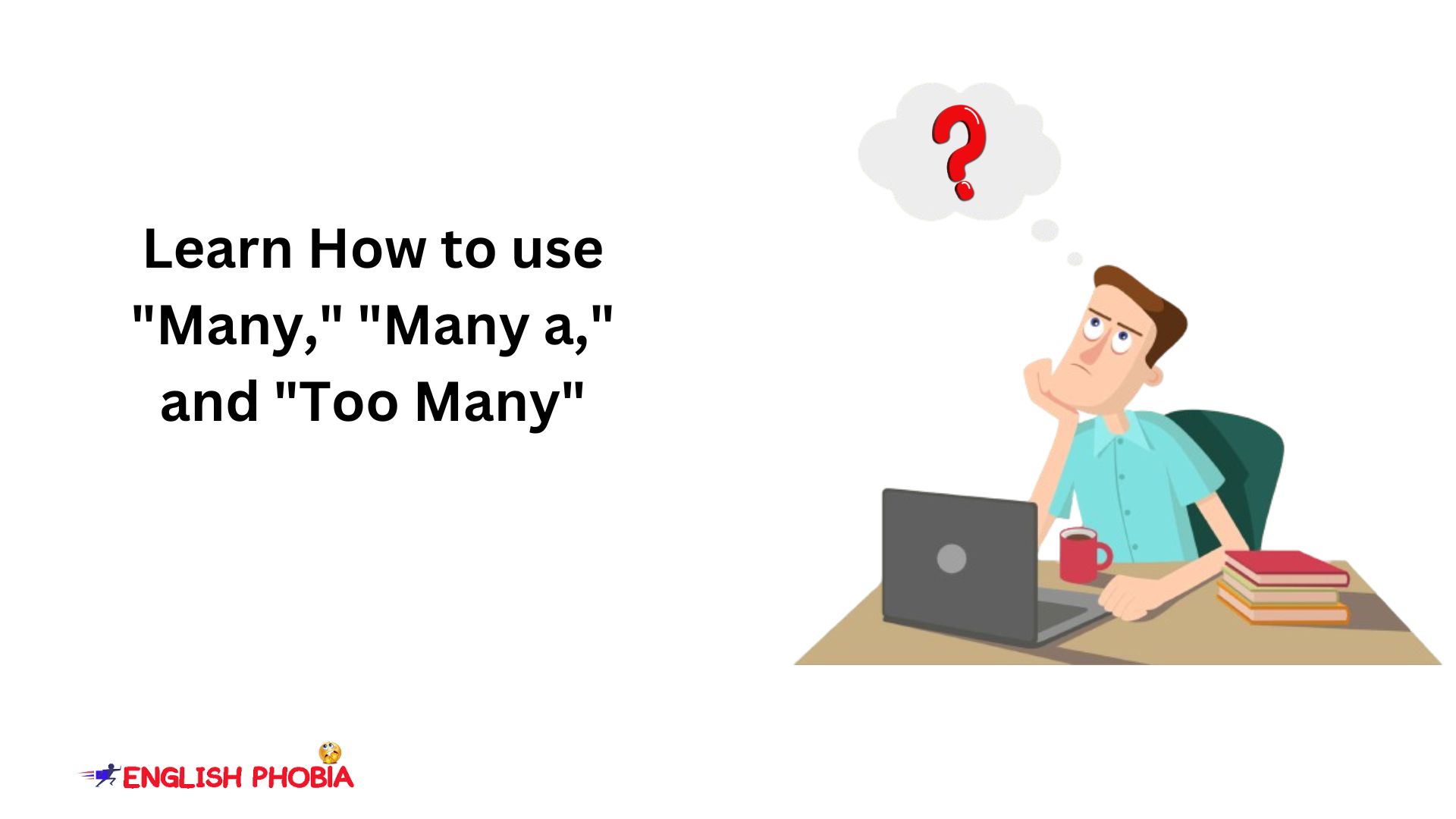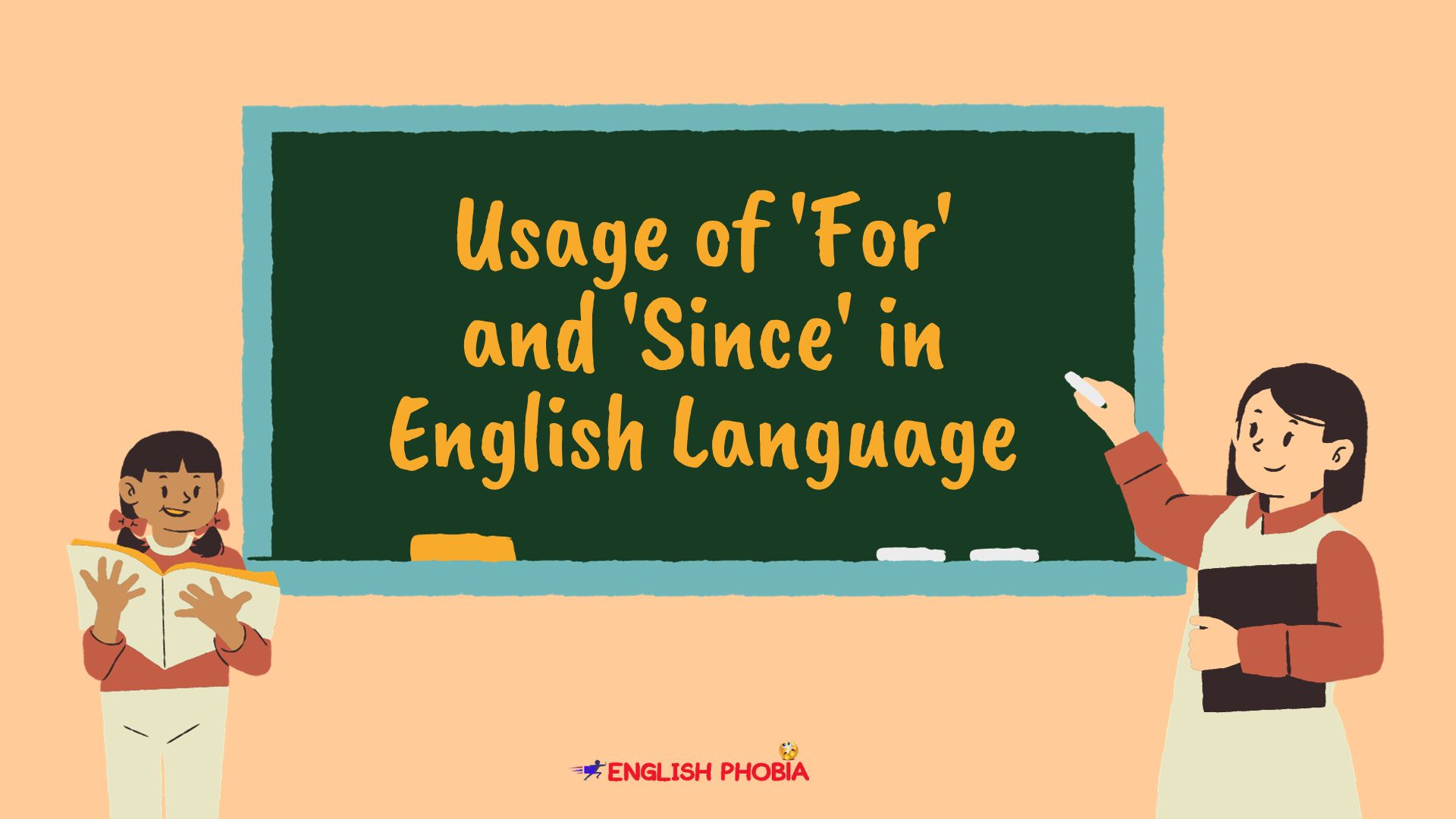Conjunction for Comparisons and Conditions
Subordinating conjunctions are used to subordinate and make the complete meaning of sentences. These don’t help them to make any sentences but these do help them to support them and stand by them to give an extensive meaning.
The subordinating conjunctions are divided into several parts with a unique name and different conjunctive words for each part.
Question: What are the types of subordinating conjunctions?
Answer: there are mainly 9 types of subordinating conjunctions.
Types of Subordinating Conjunctions
1. Conjunctions of time
2. Conjunctions of reason
3. Conjunctions of purpose
4. Conjunctions of result
5. Conjunctions of condition
6. Conjunctions of comparison
7. Conjunctions of manner
8. Conjunctions of concession
9. Conjunctions of place
Conjunctions of Comparison
The conjunctions of comparison are used to compare one thing with another one in terms of showing one thing better and superior to another. You need to use the below conjunction words to form comparative sentences.
As, than, so….as, as…. As
1) She is predominantly engaged in hard work as her brother does.
2) People don’t pay much attention to basic English grammar as I do.
1) Presently technology is developing faster than our comprehensive ability.
2) Inflation increases more rapidly than salaries.
Note: ‘Than’ always needs a comparative degree.
So… as
1) I am not as clever as you can even think of me, I am much cleverer than your mentality.
2) Maturity doesn’t so early as in childhood.
Note: ‘So…as’ is always used with negative sentences.
As….as
1) She is as important to me as the fish needs water to live.
2) Our presence is as futile as the relevance of a haystack piece in this universe.
Note: You can use ‘As…as’ to form both types of sentences negative and affirmative.
Conjunctions of condition
The conjunctions of conditions are used to display a condition as a cause of any action.
(If, in case, provided, provided that, unless, if only, would that, suppose, Supposing that, on condition that)
Examples
If as a present likely: when there are more possibilities for someone to do any action, the
1) If he prepares well for the exam, he will surely achieve the job.
2) If you apply for this job, the H.R. team will contact you soon.
If as past: when the speaker has to show present unlike/ regret or any wish which is not present in the present state.
1) If my friends came for my birthday party, I would celebrate it with great hustle and bustle.
2) If they didn’t learn how to write content, the company would not select me for this opportunity.
3) I wish she were with me, I wouldn’t feel alone now.
4) If he were not the prime minister, the county would not have the same prestige on the international level.
If as a past condition: it is used when the speaker needs to show a past condition that could not be fulfilled due to some reasons and he shares why he couldn’t do so.
Formation of sentence under this position
[Subject + had + Past Participle (V3)] [Subject + Would/Could/Should + have + Past Participle (V3)]
1) If she had agreed to marry him, he would not have accepted celibacy.
2) If the government had not implemented reservations for minorities, I would have cleared the exam easily.
In case
1) The teachers are always ready to move mountains for the students in case they are serious about their studies.
2) Take an umbrella in case it rains.
Note: In case can easily be replaced with ‘If’.
Unless
1. Unless you try to learn English Grammar, you can’t learn it.
2. I can never get a better opportunity unless I apply for it.
Note: You can never use ‘Not’ with ‘Unless’ or form the conditional sentence in the future tense.
Provided or Provided that
1. The society of the present era is there to help you out provided you contribute for it occasionally.
2. I can fight with the world for your happiness provided that you are always with me.
If only
1) If only I can make time for myself, I can learn new skills.
2. He will go to her birthday party there if only he is invited for it.
Supposing that/ suppose
1. Supposing that Rakesh would be at home, his friend went to see him and found him absent.
2. Suppose this is your last day of life, would you do the same thing you are doing now?
Note: both supposing that and suppose is used for imagination.
On condition that
1. On condition that I have a good knowledge of English grammar, I will apply for the post of a proofreader.
2. The world would be in a crisis on the condition that the omicron virus is also as contagious as the covid 19.
Let’s have an exercise to examine yourself if you have learned something or not.
You need to answer the below questions by choosing suitable conjunction from the help box given below.
(If, than, as…as, I wish, unless)
1. __________ the god were visible.
2. They are more intelligent and better ___________ the newcomers.
3. The English language is ____ easy ____ pie, anyone can learn it easily.
4. _____ I fix a target for my day, I can’t work efficiently.
5. _____ they had informed me earlier, we could have saved the life of a thousand people.
Let us know your answers in the comment box.











